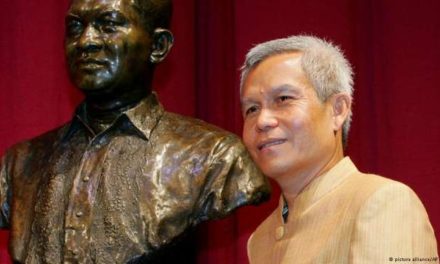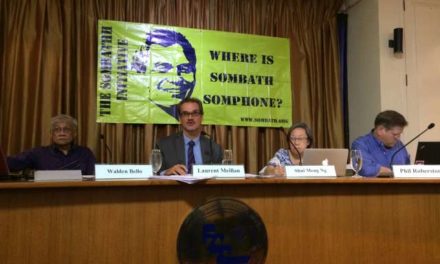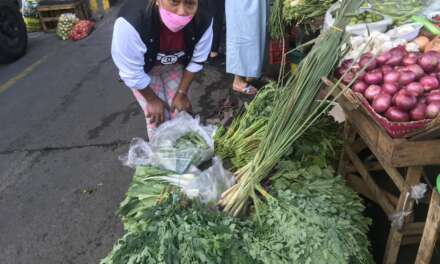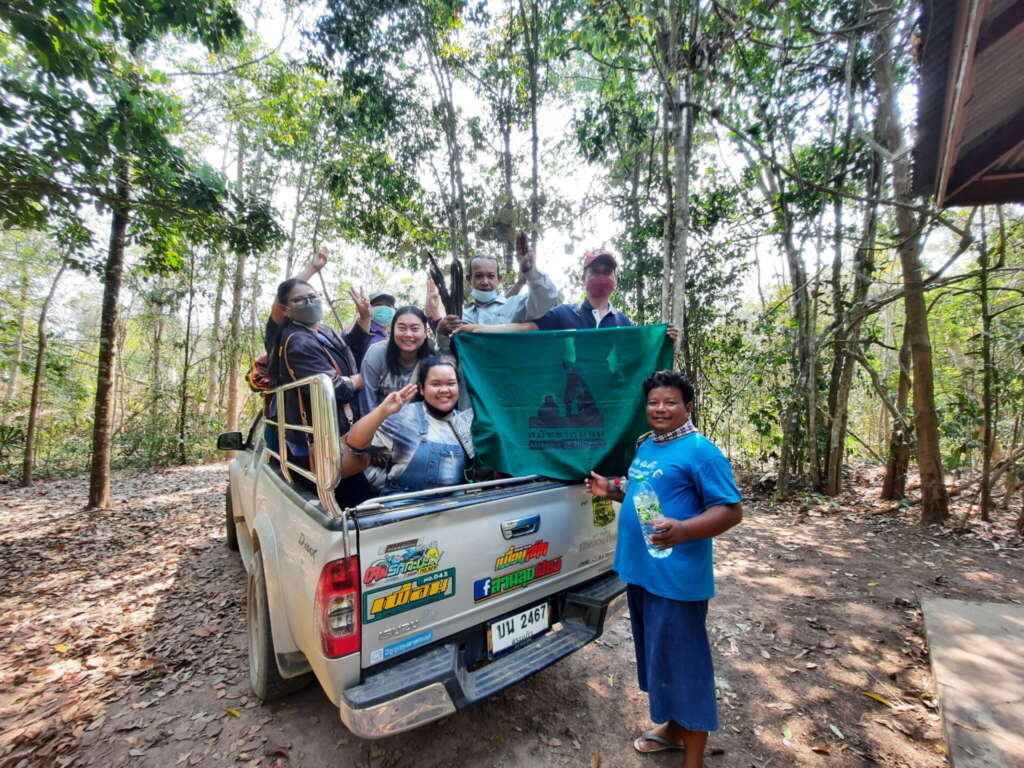
For many of us organised in The Assembly of the Poor, agriculture is a way of life. Our members are increasingly shifting towards agroecology. However, it is not easy. Peasant Agroecology is doubly difficult to practise at a time when the State and the Corporations want to dominate us, impoverish us by taking land and natural resources from our hands. Agroecology is the peasants’ resistance, the attempt for independence ultimately for food sovereignty.
The attacks on us are from all fronts and by many players. International and intergovernmental organizations are among them. These organizations are the embodiment of neoliberalism and animated by the transnational corporations. They constantly drive us toward the direction they want, e.g. contract farming, large plantation, dependence on the chemical input, annexation through NGOs that act as the commodity collecting agents, requirement for certificates, international food trade, etc. All these are done with the excuses of poverty reduction, hunger eradication and food security. But the outcome is the marginalization of peasants. The most recent excuse is the climate crisis. The so called ‘nature-based solutions’ to climate crisis, the carbon credit markets, for example, would mean that peasants are removed from our land and forests so that the land will be used to absorb greenhouse gas produced by the industries.
We, Assembly of the Poor (AOP), exist in the midst of these attacks because all these aggression is done through the government’s public policies, the corporate investment and the international and intergovernmental organizations’ support programs. Calling it farmers’ economic development, they fund projects of many peasant organizations at national level and even local level.
It is in this context that between February 6-9, 2022 The Assembly of the Poor, a La Via Campesina member in Southeast and East Asia region in Thailand, organized a study session and field visits for its young members.
We visited three places. The first place is the Alternative Agriculture Network (AAN) members in Chachengsao province. We explored organic food production, collective production planning and marketing, native seed saving, direct sale of vegetable baskets, peasant-owned saving fund, Green Market, etc. All activities come from the commitment to create the local food system, preserve biodiversity, protect the peasants’ seeds and local genetic resources and fight against the corporate’s domination in food, seed and agriculture systems. Significantly, the AAN members have long been resisting against seed grabbing, GMO seeds, toxic agrichemicals and WTO and FTAs in agricultural sector.
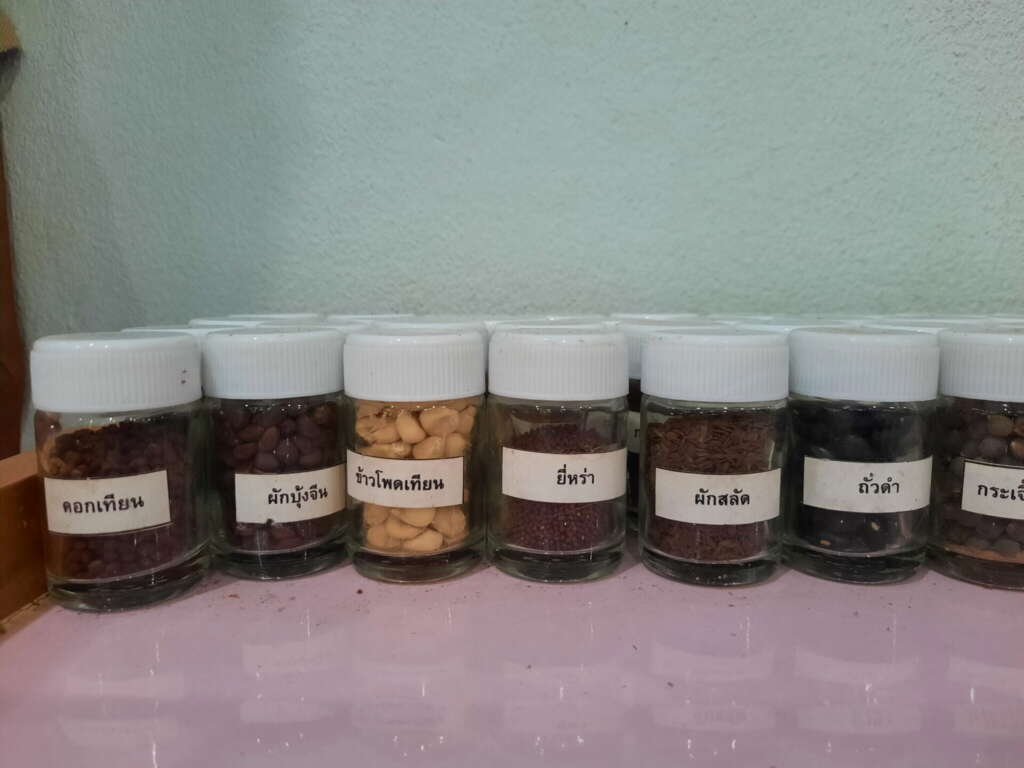
Later, we visited the Community Enterprises of the Agroforestry Peasants in Eastern Forests, also in Chachengsao province. The area is the last lowland forest in the Central region. This community enterprise is the largest producer of seedlings from forest trees in the region. The members also produce many kinds of forest products, mainly food and medicinal herbs. By making a good collective plan, the members can produce daily income, monthly income, annual income from their agroforestry products according to their harvesting calendar. Timber is seen as the urgent money or the saving for old age. This is because trees will be cut only when the members are in the urgent need of big amount of money, such as when the children start the university education. Otherwise these trees will stand there for many years.
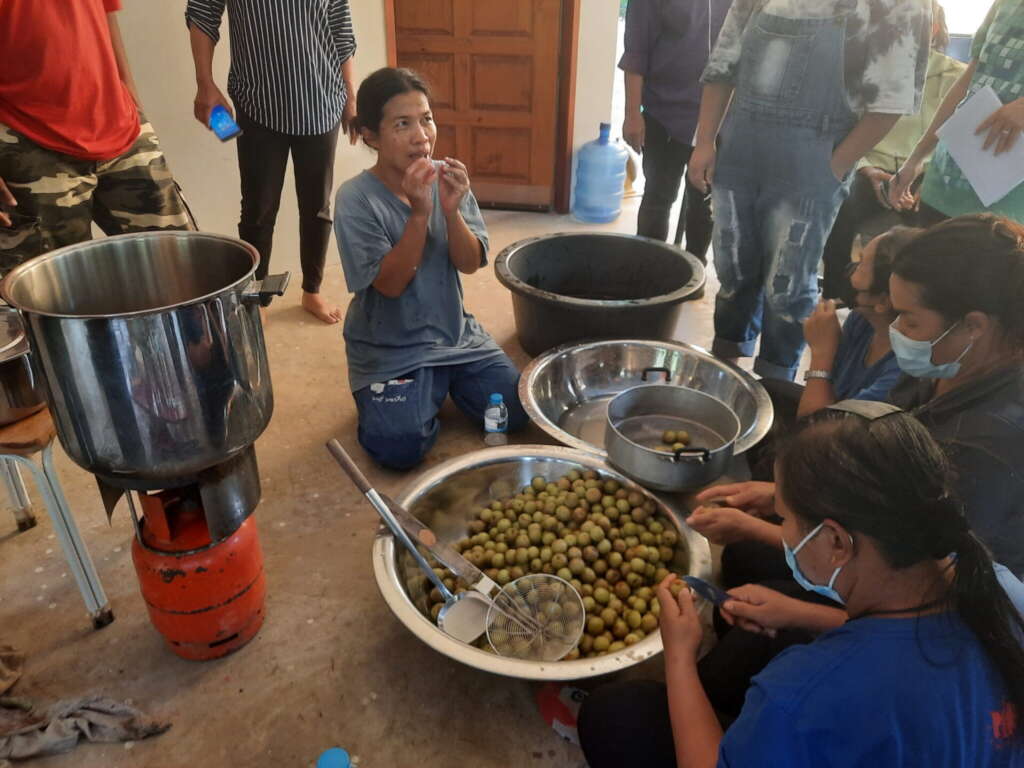
The fundamental idea is that peasants can live with forest. Peasants are not the destroyer but the protector of forests. What forests give them is much more valuable than the money that the government promises from the carbon credit scheme. AOP members will use this agroforestry model to fight against the forest grabbing for the REDD+ project and other market-based climate crisis solutions, which are being pushed by international organizations, including FAO and UN.
The third place – Bangkrachao District – is different, it is the urban area. The most important lessons-learned is that the community’s natural resources and agrarian resources in urban areas are under the aggressive attack of urbanization and industrialization. Bangkrachao is in Samutprakarn province which is very near to Bangkok. It was called The Lung of Bangkok because of the agricultural activities and the mangroves. The Government wanted to grab the land, remove the people and make it a national park. But it faced the people’s strong resistance. Later, despite the government’s zoning policy to keep Bangkrachao an environmental oasis, there was the attempt to change the zoning to serve the property development investors and the industrial investors. The Lamphu-Bangkrasop Group then used the community-based ecotourism and urban farming as the tools to fight. The district is now popular as a weekend tourist destination, where people flock to watch fireflies, mangroves and bike through the lanes. The urban organic farms continue to produce safe food and directly sell to factory workers at the affordable prices to promote food security of the urban poor.
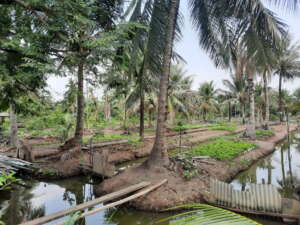
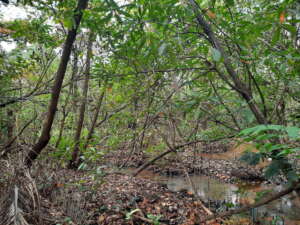
From the 3-day exposure visit, we are convinced that, to have good income and decent life, we do not have to surrender to the push and pressure of the government, the corporations, and global institutions. We do not need things like contract farming, digitalized agriculture that are in the control of monopolies, large-scale plantation, climate resilient agri-food systems that marginalize peasants, partnership with transnational corporate buyers, large agricultural cooperatives, and “responsible investment in agriculture” that belittles and enslaves peasants and exploits our ecosystem.
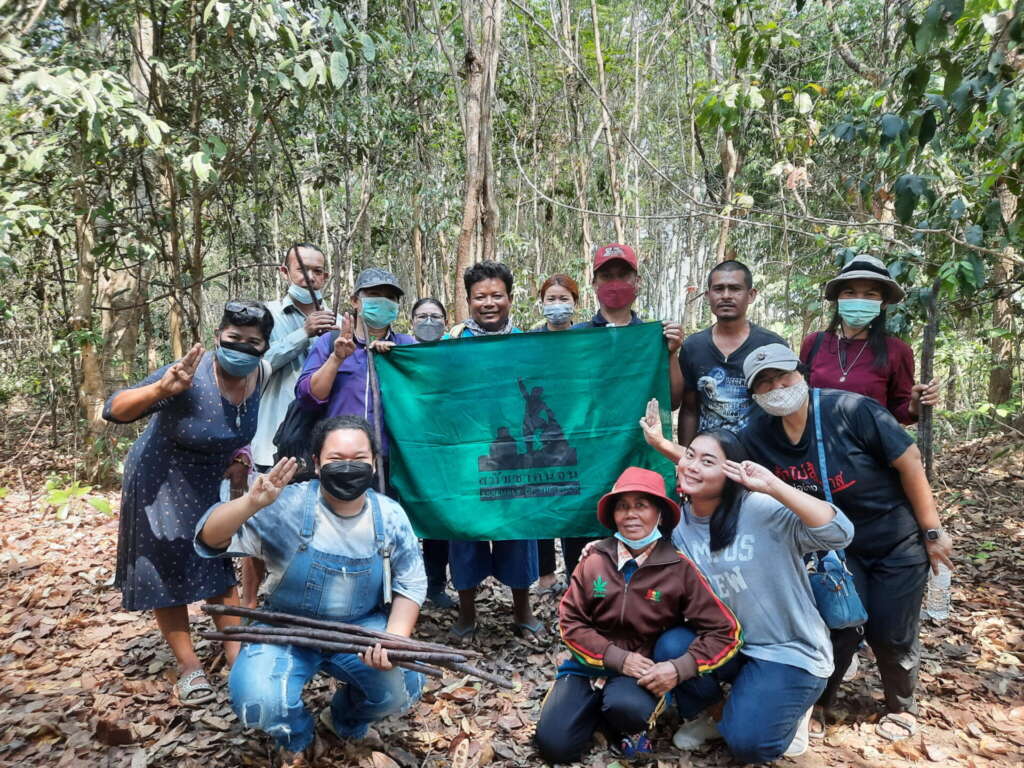
We learn that we already have in stock the creativity, knowledge, models and experiences of agroecological production, community markets, direct and friendly relationship between peasants and consumers, small-scale community-based peasants’ business and the like. All these will strengthen our resistance while sustain our economic needs. Significantly they fortify solidarity among peasants to support our continuous struggles for the political, economic, social, production and climate justices, for peasants’ agriculture and food systems and finally for food sovereignty for all.
Assembly of the Poor,
Thailand, February 2022
*The testimony was first published on La Via Campesina website on this link.


